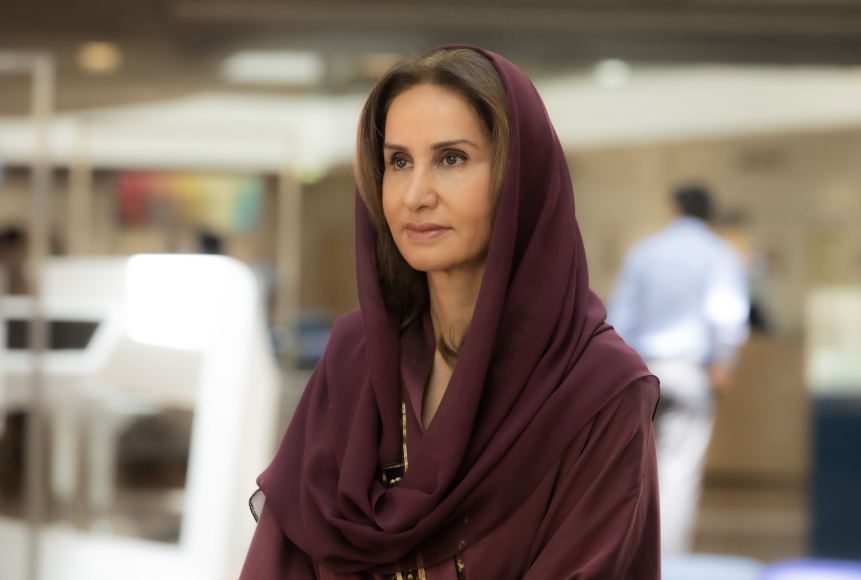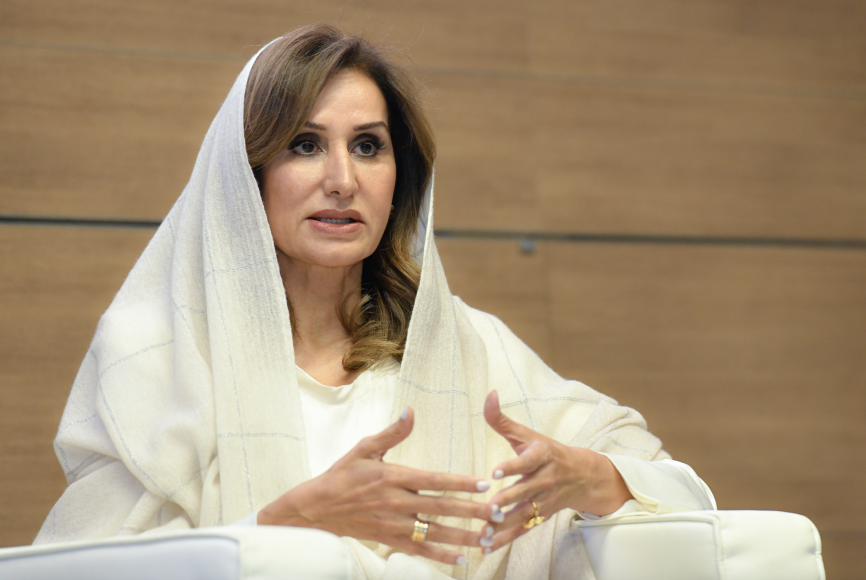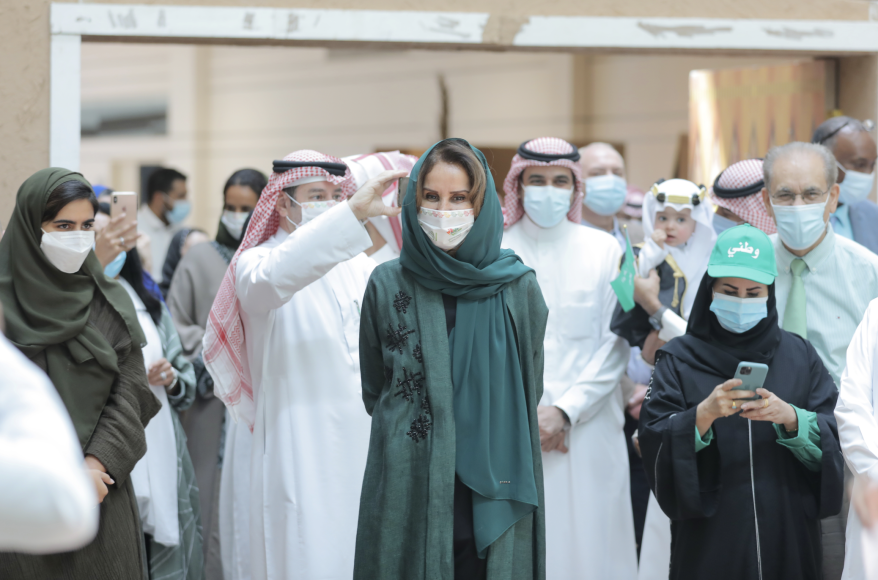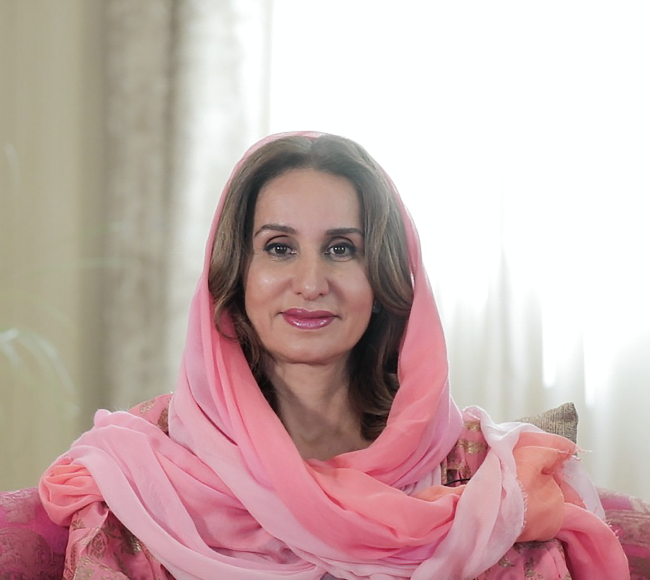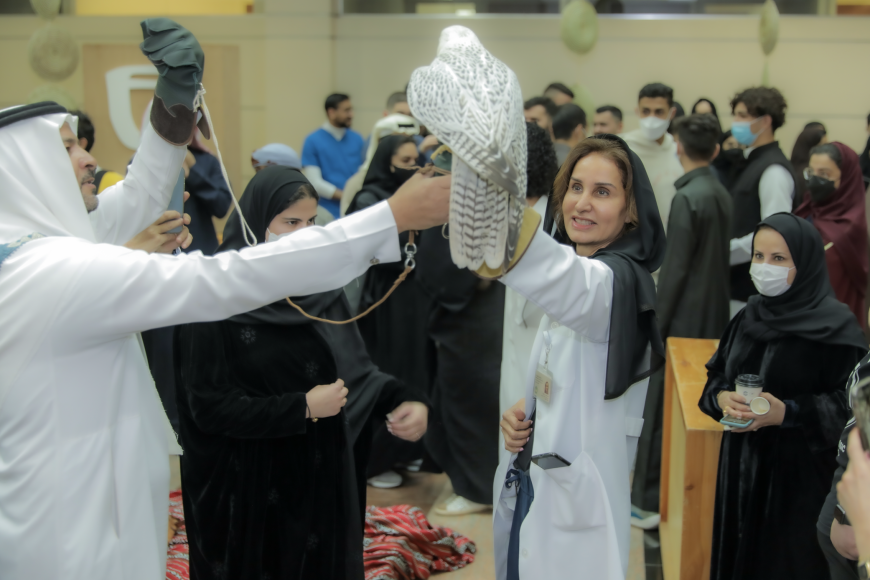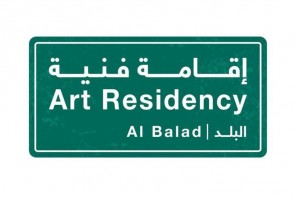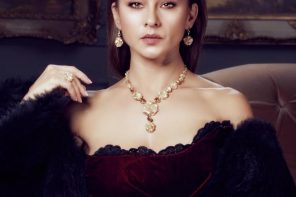A princess with a purpose, HRH Maha Al Saud, MD, MACP is Vice President of External Relations and Advancement at Alfaisal University. She is certified by the American Board of Internal Medicine and is currently a Consultant of Internal Medicine and a Senior Clinical Scientist at King Faisal Specialist Hospital & Research Centre and an assistant professor at the College of Medicine at Alfaisal University, Saudi Arabia.
Her achievements are uncountable and her contribution to the Saudi society is highly cherished. HRH Maha Al Saud traces her career milestones and talks about the role of Saudi women today.
Your career is inspiring to many people out there. Do you believe that one needs a role model or a mentor to have a successful profession?
It is important to have people in your life that you look up to and help you be a better version of yourself and guide, support, and mentor you through your career, and I have many who have inspired me. However, mentorship and mentors are no less important for people than having role models. Studies that focused on highly successful people found that they had at least two mentors during their lifetime. At Alfaisal University, we are constantly finding different means of engaging mentors with students by encouraging them to participate in training programs or hosting lectures and workshops with professionals in their study fields or engaging them with a productive relationship with their seniors and the University Alumni. Close interaction with a mentor is a valuable learning experience that could cement a person’s work ethics, professional values and expand their horizon.
How optimistic are you about what’s happening on the Arab scene, especially in regard to women in the sciences?
As I follow and observe the progress being made in the Arab region, especially in my country the Kingdom of Saudi Arabia, I can’t help but feel proud and look to the future with great optimism. The representation of women is much higher in different professional fields, workplaces are becoming more diverse which means equity is a mandate. There are many universal laws that supports women and ensures equity and safety in the workplace.
Women have always been integral in our scientific scene as we have many pioneering women scientists that we are extremely proud of, like Dr. Thoraya Obaid, the first Saudi Arabian to head a UN agency, and many modern-day Saudi women figures from all walks of life like Ranya Nashar, Dina Madani and Ghada Al Mutairi. Knowing these figures and highlighting them encourages women to invest their talents in all fields as they see all the opportunities ahead of them and look up to successful examples, not only from their community or country, but from the whole world.
As a young Saudi student how would you describe your experience of living and studying at American universities?
When a person studies or works in a culture completely different they will experience challenges defined by religion, country of origin, look, color, gender, and social status. I’ve experienced a mix of those during my years studying in the US, however, I noticed that all international students regardless of their country of origin have a similar appreciation of the opportunity given, we have a great ambition, we work hard, and we try to enjoy the good times, learn from the challenges, and engage in impactful, meaningful experiences. I’ve formed everlasting friendships and wonderful relationships, I’ve been part of other people’s lives as they were part of mine and still are, they shaped my life and my family’s life too.
While studying abroad were you urged to work harder to prove yourself?
Our medical field requires us to work the best we can, go above and beyond and put our heart and soul into our profession, so working hard is expected whether in the US or anyplace in the world. But the most important thing to manage these high expectations is self-belief and having faith in yourself. I work hard because I love learning, expanding my knowledge, and continually challenging myself, which works as the right motivation for me.
And did you feel that you are not only representing yourself but also Saudi women in general?
Of course, I felt this way, I felt that I am an example to others that women in Saudi, showing that Saudi women can be whatever they choose to be, and are capable to have a balanced family life and a successful career. I felt like being an ambassador of my country is not a choice to make, but a fact to live. We are all ambassadors of our families, communities, societies, and countries whether we choose to be or not. We can set a great example, and we can push boundaries by creating more opportunities for others to follow in our footsteps.
I look at women figures from my country, and I feel proud because they represent me, and every Saudi woman, setting an example of what we could achieve if we wanted, and worked towards, just by being their successful selves and sharing their experience and knowledge with the world.
George Washington University Hospital and Harvard Business School are a dream of every overachiever, was it as challenging as it’s perceived to be?
Yes, absolutely!
Text by Victor Gee

